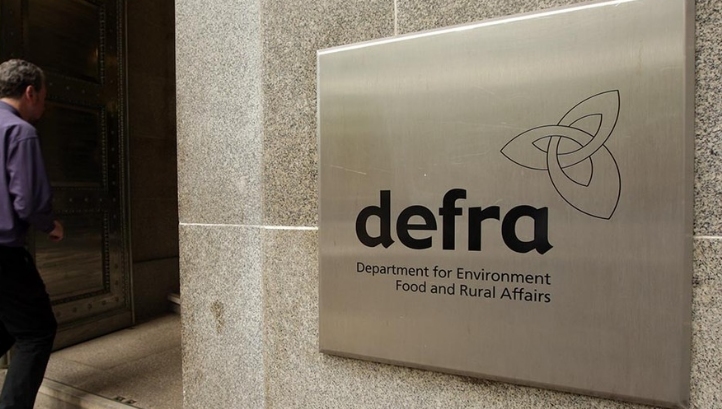More than two-thirds of the Department for Food, the Environment and Rural Affairs’ (Defra) employees have been taken out of their key roles and tasked with delivering Brexit, new official Government figures have revealed.

Of the 3,980+ people directly employed by Defra, around 2,700 have been transferred to “EU exit roles”
Following a freedom of information (FOI) request from the Guardian, the Government has published data stating that 68% of Defra’s directly employed staff had been placed into “EU exit roles” by the end of 2018. The department has around 3,980 staff, meaning that 68% is equivalent to around 2,700 people.
The data also reveals that an additional 320 Defra employees have been transferred to other Governmental departments in order to help Defra, headed by Michael Gove, to prepare for all forms of Brexit. Such preparations will include finding new arrangements for farmers, pet passports, fishing, food imports and chemical supply chains, in case EU legislation in these areas is not transposed into UK law.
Responding to the figures, a Defra spokesperson said the move to transfer staff to Brexit-related roles was “as you’d expect” in the current political climate.
“It’s the job of a responsible Government to ensure we’re prepared for all scenarios, and we are recruiting and prioritising our resources accordingly,” the spokesperson said.
“The Civil Service has always moved its staff to where they are most needed. But we will continue to deliver on the issues that matter to people, such as tackling single-use plastic and taking steps to improve animal welfare, as well as delivering on the promise of a Green Brexit.”
The publication of the FOI response comes after Gove was criticised by MPs for allowing around 400 staff to be redeployed from the Environment Agency (EA), Natural England and other Defra groups to work on Brexit preparations last November. Of the 400, 50 were redeployed from Natural England, 13 of whom worked to protect sites of special scientific interest in the UK.
This move was met with uproar by members of the Environmental Audit Committee, which has long argued that the Government is not doing enough to maintain staff numbers and funding for the EA.
A Green Brexit?
Gove has continually argued that he will use Britain’s exit from the EU as an opportunity to redevelop the nation’s green policies in a way that “puts the environment first”, delivering a “Green Brexit”.
His key proposals include an amelioration of the EU’s Common Fisheries Policy (CFP) and Common Agricultural Policy (CAP), a promise to preserve the whole body of EU environmental law immediately after the UK’s departure and a commitment to introduce stronger legislation than the EU regarding air quality, water pollution and waste management in the long-term.
Gove has additionally overseen the creation of the UK’s post-Brexit environmental watchdog, the Office for Environmental Protection (OEP). The body will have the power to take businesses, public bodies and the Government to court over any breaches of environmental law – but has faced criticism due to the fact that it won’t be able to issue fines, call senior representatives to attend Government hearings or place non-compliant organisations into ‘special measures’.
Despite these moves, the Environment Minister is now facing warnings that a “Green Brexit” is not likely to materialise, regardless of which kind of withdrawal agreement the Government decides upon. A recent risk assessment from Friends of the Earth, for example, found that standards are likely to weaken in every sector of environment policy, from chemicals and food safety to air pollution and climate, under any departure deal.
Similarly, climate change thinktank E3G has repeatedly argued that any kind of Brexit will require the redirection of time, effort and resources that could be used to tackle environmental challenges facing the country.
Later today (1 April), MPs will take part in a second round of votes on alternative Brexit proposals, after Prime Minister Theresa May’s withdrawal agreement was rejected for a third time last week and none of the alternative options were able to secure a majority vote.
You can read all of edie’s Brexit news here.
Sarah George
